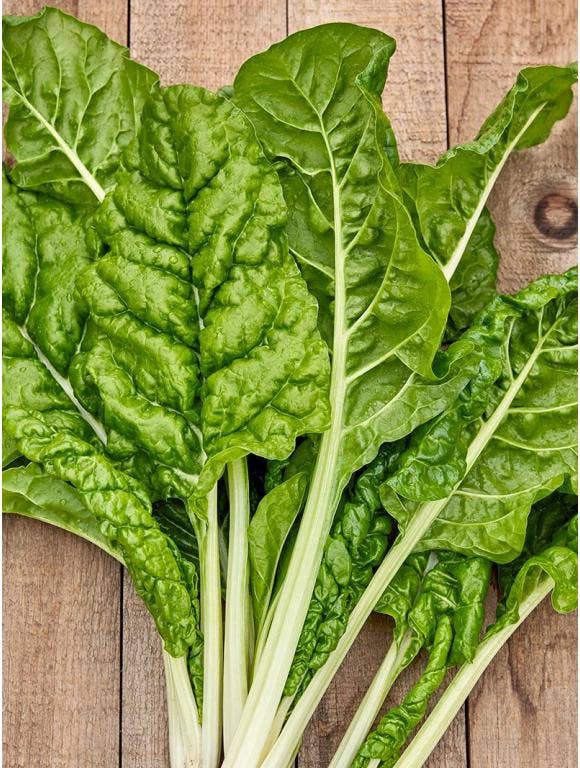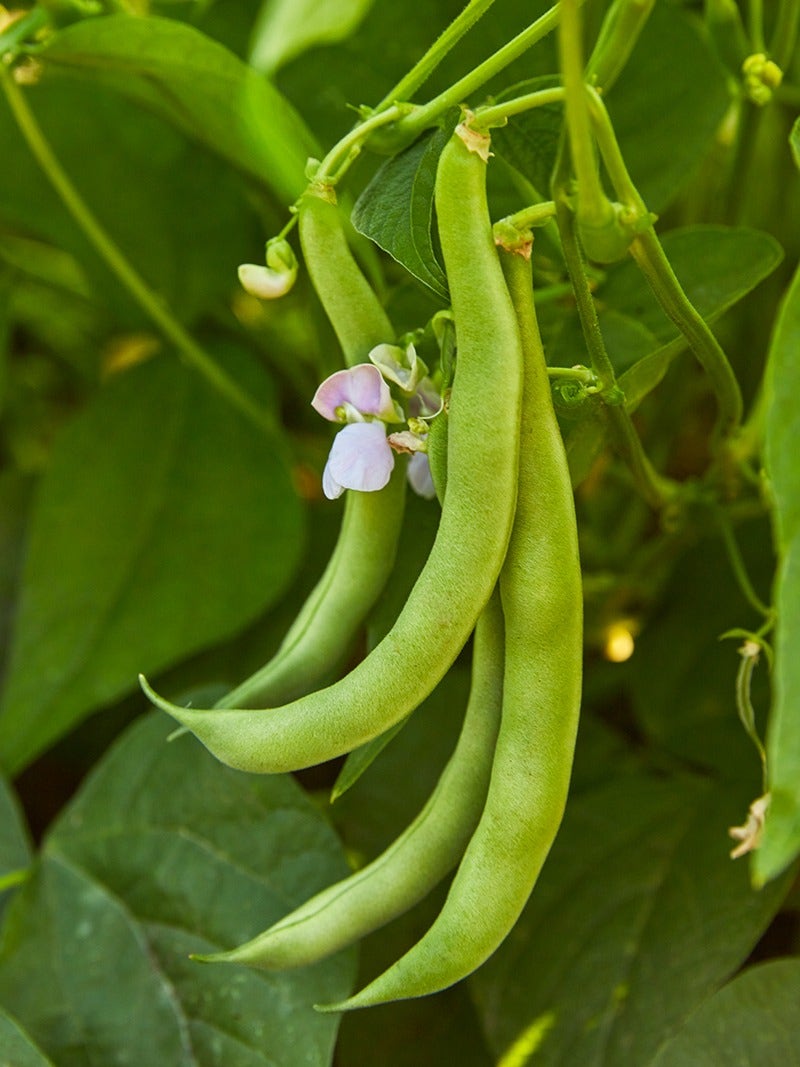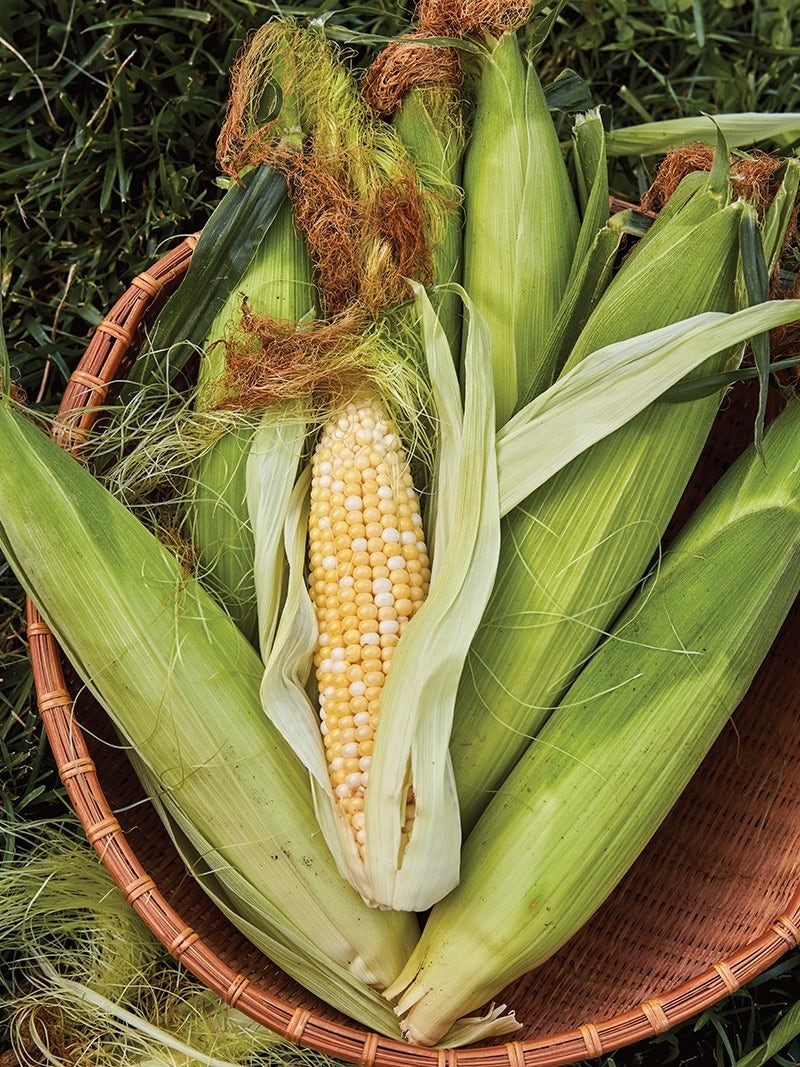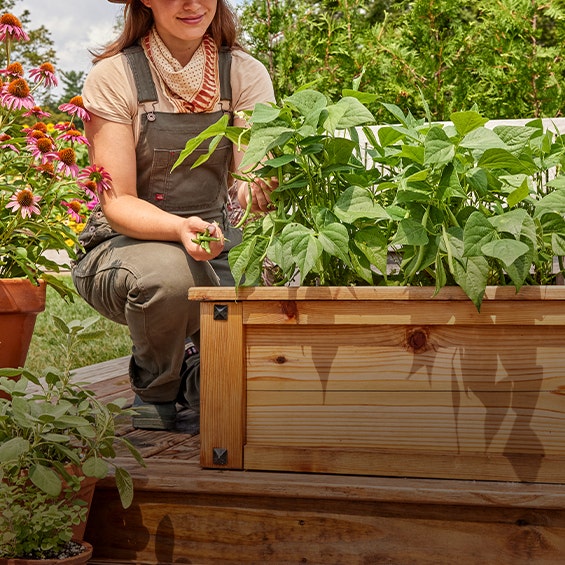
As you’re browsing seed catalogs in preparation for spring, you may see the myriad options and begin to scratch your head: Should I grow heirloom seeds or hybrid seeds? And what’s the difference, anyway? At Burpee, we offer both heirlooms and hybrids because each has benefits and drawbacks, depending on your garden goals.
With a history that dates back to 1876, Burpee is proud to have introduced or bred some of the most popular heirloom varieties still grown today! But, not wanting to rest on our laurels—or in this case, our tomatoes, bush beans, and summer squash—we continue to innovate with hybrids that provide solutions to modern garden needs and challenges. Here, we’ll explain heirloom seeds vs. hybrid seeds so that you can confidently choose what to sow this year.


Heirloom Seeds Meaning
Heirloom seeds are varieties that have been around for at least 50 years and are open-pollinated, so each generation carries most of the same characteristics as the one before it. Because of this key trait, heirloom seeds can be collected from the garden and grown the next year, making them ideal for sharing.
Why Heirloom Seeds?
The heirlooms that continue to be popular today have stuck around for good reason! These fruits, vegetables, and flowers deliver deep flavor, gorgeous color, and unusual shapes that help them stand out from the typical offerings at a garden center or grocery store.
When growing heirlooms, you’ll want to pick ones that are right for your area and amend the bed with nutrient-rich compost before putting plants in the ground. Heirloom fruits and vegetables may tantalize taste buds, but they can be delicate, and you may not have as high a yield; for home gardeners, this tradeoff doesn’t pose the same issue as it does for commercial growers.
Favorite Burpee Heirlooms
Burpee is proud to have bred a number of heirlooms that are favorites to this day. ‘Burpee’s Stringless Green Pod’ bush beans date all the way back in 1894, and the crisp, juicy, and super-flavorful variety is still going strong. ‘Black Beauty’ eggplant were an immediate hit when introduced in 1902 because the plants ripened so much earlier than other varieties—no need to wait for these delicacies! ‘Eckfords Finest’ sweet pea mix is a beautiful blend of flowers that debuted about a century ago. And when you see Fordhook in a name, like ‘Fordhook Giant’ swiss chard and ‘Fordhook Zucchini’ summer squash, you know they originated at our founder’s Bucks County home and experimental gardens.


Hybrid Seeds Meaning
A hybrid is a cross between two varieties of the same species created by depositing the pollen of one variety onto the stigma of a different variety. Hybrid seeds grow varieties that were developed to meet certain garden challenges head on by merging the best characteristics of their two parents. They’ve been bred to better withstand transport, survive diseases, deliver consistent shapes and flavors, produce higher yields, and sometimes even make gardening less labor-intensive. But the seeds collected from hybrids won’t produce the same fruits, vegetables, and flowers as their parent plants, so you’ll need to buy seed packets every year.
Why Hybrid Seeds?
Hybrid seeds are especially useful when you’re looking for consistency in the size and shape of your produce and require plants that don’t need quite as much coddling as heirlooms, due to greater predictability and disease-resistance. In the early days of hybrids, some varieties offered these benefits at the expense of flavor. But today’s hybrids combine the best of both worlds!
Favorite Burpee Hybrids
Burpee continues to innovate with hybrids today, and some introduced more than 70 years ago are still around. ‘Burpee’s Big Boy Hybrid’ tomato was an instant hit in 1949 because of its gorgeous large fruit and rich flavor. Our earliest tomato, ‘Fourth of July Hybrid’ tomato, cuts down the produce waiting game. Short on space? ‘On Deck Hybrid’ corn allows for growing delicious, juicy ears without a garden plot—the first-ever container-ready corn! When you’d like watermelon but don’t have many mouths to share it with, ‘Little Darling Hybrid’ watermelon delivers a fruit that’s just right for two. And ‘Sunray Hybrid’ sunflowers bring a bright and cheery vibe without the usual towering height.



